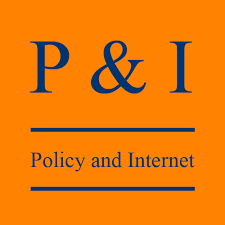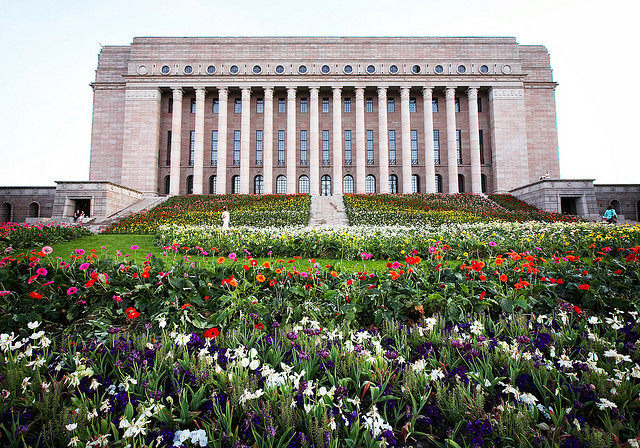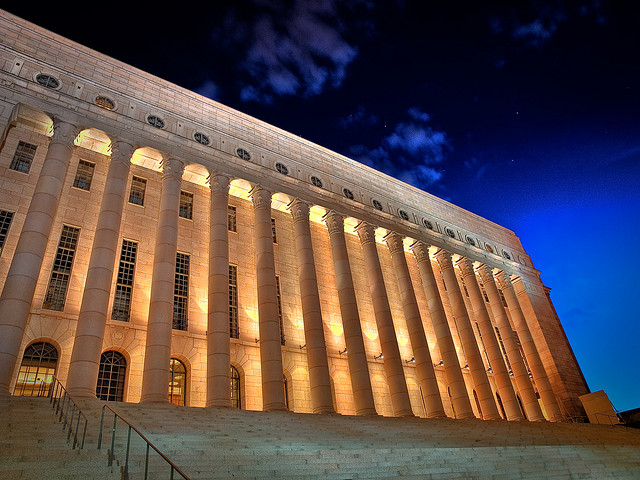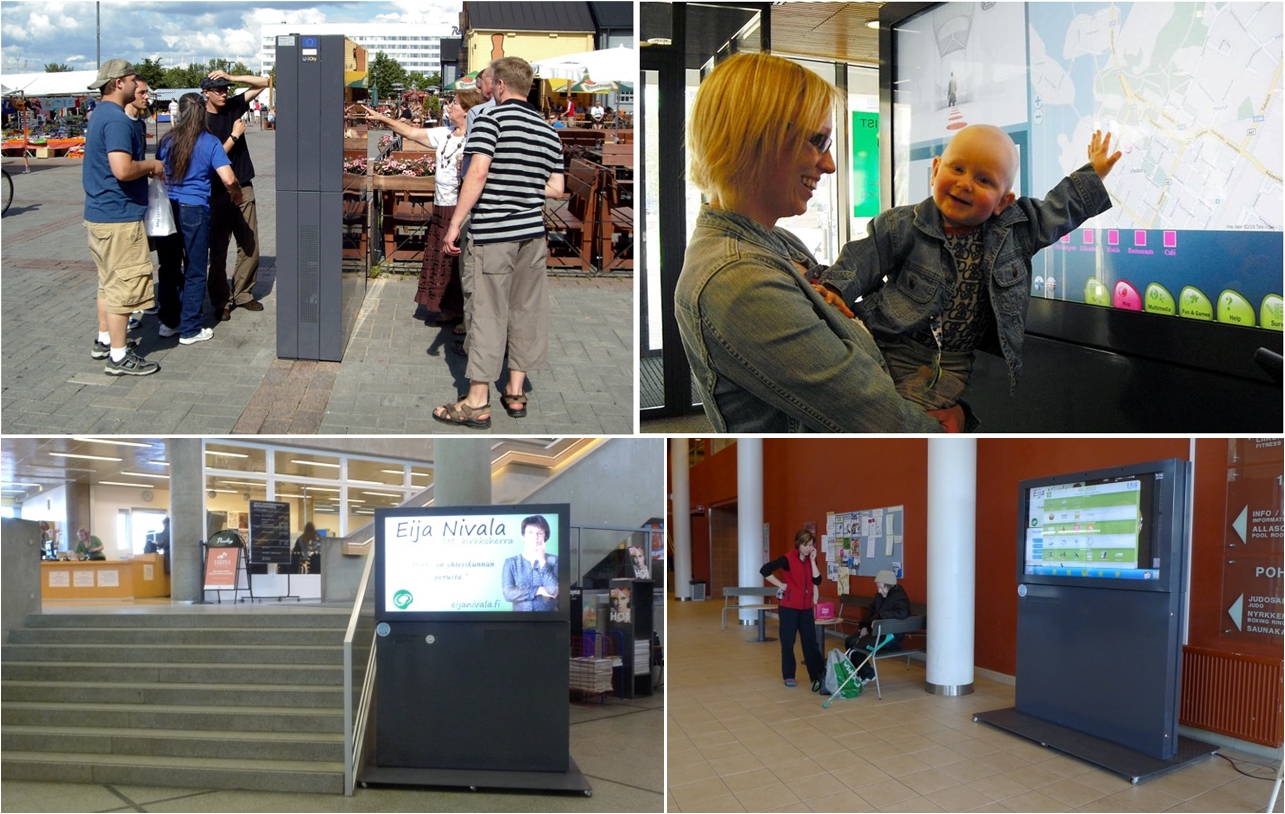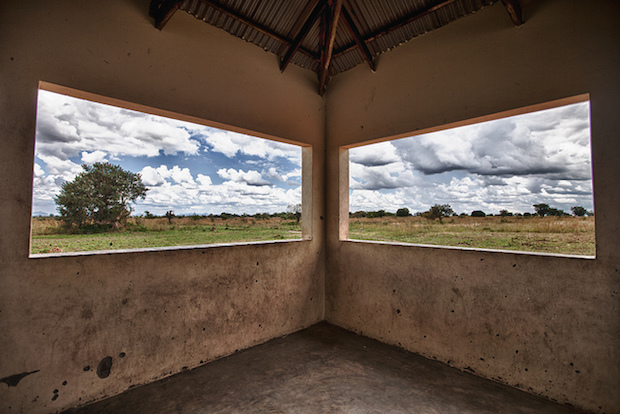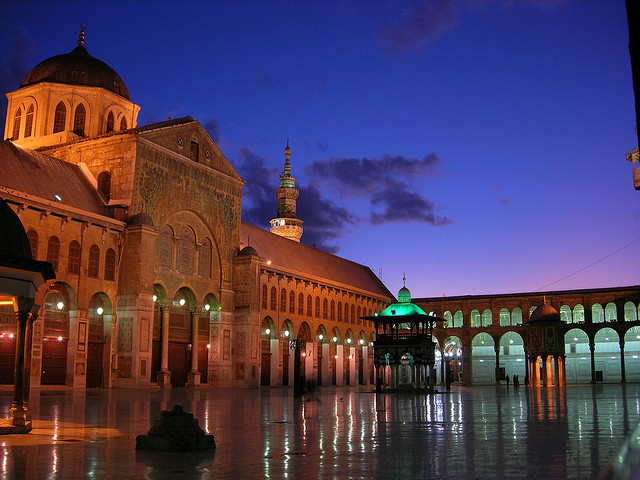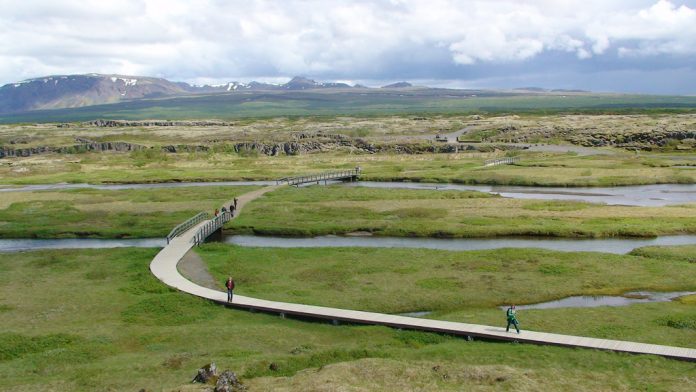
As innovations like social media and open government initiatives have become an integral part of the politics in the twenty-first century, there is increasing interest in the possibility of citizens directly participating in the drafting of legislation. Indeed, there is a clear trend of greater public participation in the process of constitution making, and with the growth of e-democracy tools, this trend is likely to continue. However, this view is certainly not universally held, and a number of recent studies have been much more skeptical about the value of public participation, questioning whether it has any real impact on the text of a constitution.
Following the banking crisis, and a groundswell of popular opposition to the existing political system in 2009, the people of Iceland embarked on a unique process of constitutional reform. Having opened the entire drafting process to public input and scrutiny, these efforts culminated in Iceland’s 2011 draft crowdsourced constitution: reputedly the world’s first. In his Policy & Internet article “When Does Public Participation Make a Difference? Evidence From Iceland’s Crowdsourced Constitution”, Alexander Hudson examines the impact that the Icelandic public had on the development of the draft constitution. He finds that almost 10 percent of the written proposals submitted generated a change in the draft text, particularly in the area of rights.
This remarkably high number is likely explained by the isolation of the drafters from both political parties and special interests, making them more reliant on and open to input from the public. However, although this would appear to be an example of successful public crowdsourcing, the new constitution was ultimately rejected by parliament. Iceland’s experiment with participatory drafting therefore demonstrates the possibility of successful online public engagement — but also the need to connect the masses with the political elites. It was the disconnect between these groups that triggered the initial protests and constitutional reform, but also that led to its ultimate failure.
We caught up with Alexander to discuss his findings.
Ed: We know from Wikipedia (and other studies) that group decisions are better, and crowds can be trusted. However, I guess (re US, UK) I also feel increasingly nervous about the idea of “the public” having a say over anything important and binding. How do we distribute power and consultation, while avoiding populist chaos?
Alexander: That’s a large and important question, which I can probably answer only in part. One thing we need to be careful of is what kind of public we are talking about. In many cases, we view self-selection as a bad thing — it can’t be representative. However, in cases like Wikipedia, we see self-selected individuals with specialized knowledge and an uncommon level of interest collaborating. I would suggest that there is an important difference between the kind of decisions that are made by careful and informed participants in citizens’ juries, deliberative polls, or Wikipedia editing, and the oversimplified binary choices that we make in elections or referendums.
So, while there is research to suggest that large numbers of ordinary people can make better decisions, there are some conditions in terms of prior knowledge and careful consideration attached to that. I have high hopes for these more deliberative forms of public participation, but we are right to be cautious about referendums. The Icelandic constitutional reform process actually involved several forms of public participation, including two randomly selected deliberative fora, self-selected online participation, and a popular referendum with several questions.
Ed: A constitution is a very technical piece of text: how much could non-experts realistically contribute to its development — or was there also contribution from specialised interest groups? Presumably there was a team of lawyers and drafters managing the process?
Alexander: All of these things were going on in Iceland’s drafting process. In my research here and on a few other constitution-making processes in other countries, I’ve been impressed by the ability of citizens to engage at a high level with fundamental questions about the nature of the state, constitutional rights, and legal theory. Assuming a reasonable level of literacy, people are fully capable of reading some literature on constitutional law and political philosophy, and writing very well-informed submissions that express what they would like to see in the constitutional text. A small, self-selected set of the public in many countries seeks to engage in spirited and for the most part respectful debate on these issues. In the Icelandic case, these debates have continued from 2009 to the present.
I would also add that public interest is not distributed uniformly across all the topics that constitutions cover. Members of the public show much more interest in discussing issues of human rights, and have more success in seeing proposals on that theme included in the draft constitution. Some NGOs were involved in submitting proposals to the Icelandic Constitutional Council, but interest groups do not appear to have been a major factor in the process. Unlike some constitution-making processes, the Icelandic Constitutional Council had a limited staff, and the drafters themselves were very engaged with the public on social media.
Ed: I guess Iceland is fairly small, but also unusually homogeneous. That helps, presumably, in creating a general consensus across a society? Or will party / political leaning always tend to trump any sense of common purpose and destiny, when defining the form and identity of the nation?
Alexander: You are certainly right that Iceland is unusual in these respects, and this raises important questions of what this is a case of, and how the findings here can inform us about what might happen in other contexts. I would not say that the Icelandic people reached any sort of broad, national-level consensus about how the constitution should change. During the early part of the drafting process, it seems that those who had strong disagreements with what was taking place absented themselves from the proceedings. They did turn up later to some extent (especially after the 2012 referendum), and sought to prevent this draft from becoming law.
Where the small size and homogeneous population really came into play in Iceland is through the level of knowledge that those who participated had of one another before entering into the constitution-making process. While this has been over emphasized in some discussions of Iceland, there are communities of shared interests where people all seem to know each other, or at least know of each other. This makes forming new societies, NGOs, or interest groups easier, and probably helped to launch the constitution-making project in the first place.
Ed: How many people were involved in the process — and how were bad suggestions rejected, discussed, or improved? I imagine there must have been divisive issues, that someone would have had to arbitrate?
Alexander: The number of people who interacted with the process in some way, either by attending one of the public forums that took place early in the process, voting in the election for the Constitutional Council, or engaging with the process on social media, is certainly in the tens of thousands. In fact, one of the striking things about this case is that 522 people stood for election to the 25 member Constitutional Council which drafted the new constitution. So there was certainly a high level of interest in participating in this process.
My research here focused on the written proposals that were posted to the Constitutional Council’s website. 204 individuals participated in that more intensive way. As the members of the Constitutional Council tell it, they would read some of the comments on social media, and the formal submissions on their website during their committee meetings, and discuss amongst themselves which ideas should be carried forward into the draft. The vast majority of the submissions were well-informed, on topic, and conveyed a collegial tone. In this case at least, there was very little of the kind of abusive participation that we observe in some online networks.
Ed: You say that despite the success in creating a crowd-sourced constitution (that passed a public referendum), it was never ratified by parliament — why is that? And what lessons can we learn from this?
Alexander: Yes, this is one of the most interesting aspects of the whole thing for scholars, and certainly a source of some outrage for those Icelanders who are still active in trying to see this draft constitution become law. Some of this relates to the specifics of Iceland’s constitutional amendment process (which disincentives parliament from approving changes in between elections), but I think that there are also a couple of broadly applicable things going on here. First, the constitution-making process arose as a response to the way that the Icelandic government was perceived to have failed in governing the financial system in the late 2000s. By the time a last-ditch attempt to bring the draft constitution up for a vote in parliament occurred right before the 2013 election, almost five years had passed since the crisis that began this whole saga, and the economic situation had begun to improve. So legislators were not feeling pressure to address those issues any more.
Second, since political parties were not active in the drafting process, too few members of parliament had a stake in the issue. If one of the larger parties had taken ownership of this draft constitution, we might have seen a different outcome. I think this is one of the most important lessons from this case: if the success of the project depends on action by elite political actors, they should be involved in the earlier stages of the process. For various reasons, the Icelanders chose to exclude professional politicians from the process, but that meant that the Constitutional Council had too few friends in parliament to ratify the draft.
Read the full article: Hudson, A. (2018) When Does Public Participation Make a Difference? Evidence From Iceland’s Crowdsourced Constitution. Policy & Internet 10 (2) 185-217. DOI: https://doi.org/10.1002/poi3.167
Alexander Hudson was talking to blog editor David Sutcliffe.
